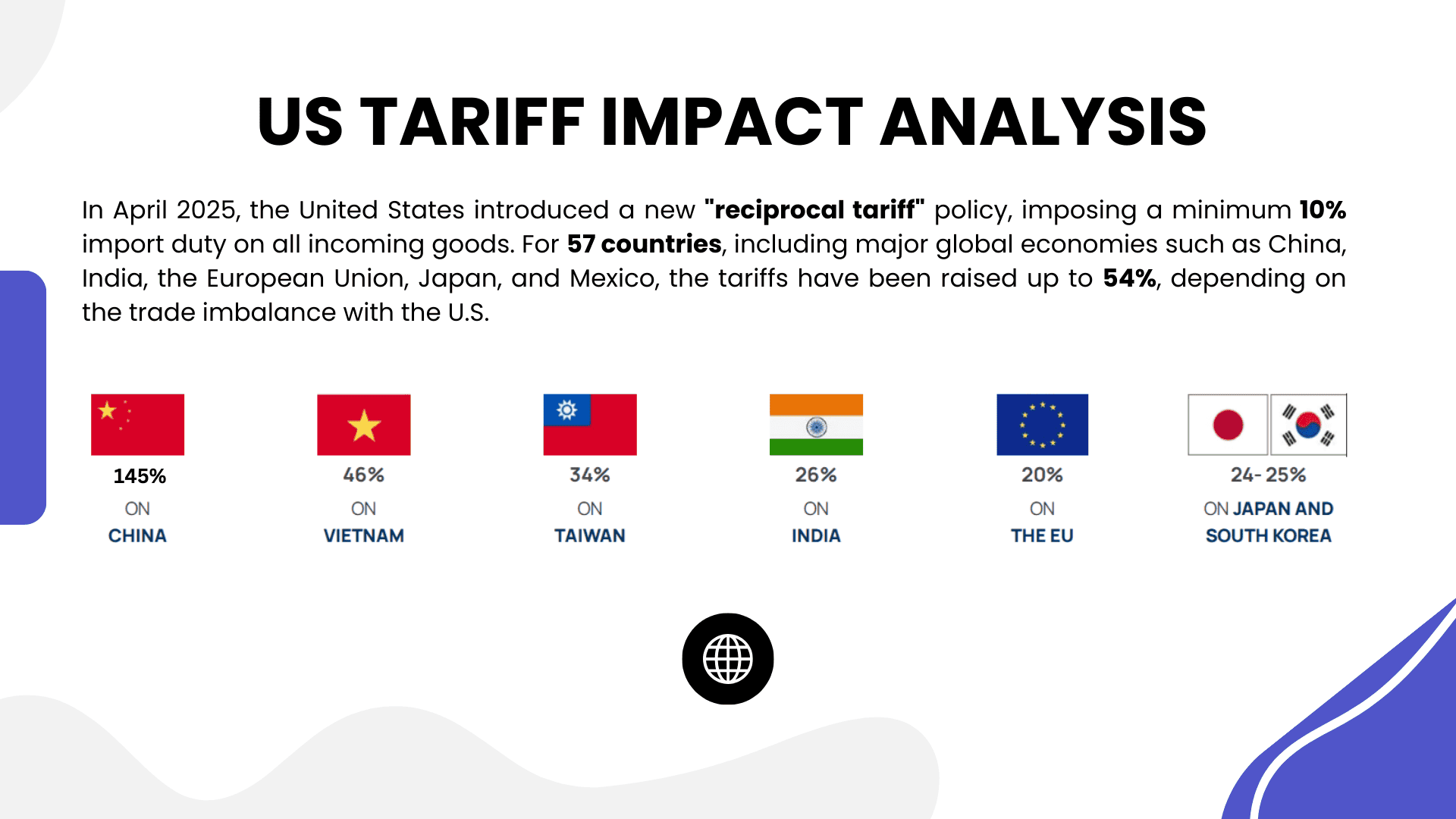Table of Contents
The global Post Quantum Computing market is poised for substantial growth, expected to rise from USD 284.6 million in 2024 to USD 10,035 million by 2034, with a CAGR of 42.80%. North America, which dominates the market with over 40% market share, generated USD 113 million in 2024.
The U.S. alone held a market value of USD 107.6 million and is projected to grow at a 40.3% CAGR. Solutions in post-quantum computing accounted for 72% of the market share in 2024, with large enterprises dominating the sector (67%) and BFSI leading the industries using quantum technologies (26%).

US Tariff Impact on Market
The U.S. tariffs on imported quantum computing hardware and software could impact the post-quantum computing market, especially as quantum processors and related technologies are often sourced globally. These tariffs are estimated to increase costs by 5-10% for U.S.-based companies relying on foreign quantum computing components.
➤➤➤ How your business elevates by our research (Corporate Mail ID Only) @ https://market.us/report/post-quantum-computing-market/free-sample/
This could slow down the rapid adoption of post-quantum technologies, particularly for large enterprises in sectors like BFSI, which are heavily reliant on cutting-edge encryption for security. Companies might absorb the cost, pass it on to customers, or delay projects. This tariff impact will likely increase production costs for U.S. manufacturers, leading to higher costs for software licenses, hardware, and infrastructure necessary to implement quantum solutions.

Economic Impact
The imposition of tariffs on post-quantum computing components could raise operational costs for U.S.-based companies by 5-10%, impacting the pricing structure for post-quantum solutions and slowing down their adoption in high-demand sectors.
Geographical Impact
The tariffs are expected to affect the U.S. market the most, especially in areas relying on international imports for quantum computing infrastructure. International suppliers may experience supply chain delays, and companies in the U.S. may face challenges sourcing affordable and efficient quantum hardware.
Business Impact
Post-quantum computing companies in the U.S. may have to reassess their supply chains or shift to alternate sourcing strategies, which could delay product launches or reduce profit margins. The increased cost burden could potentially deter smaller businesses from adopting quantum solutions, leading to slower market expansion.
Key Takeaways
- The global Post Quantum Computing market is projected to grow at a CAGR of 42.80% from 2025 to 2034.
- North America holds over 40% of the market share, with the U.S. representing the dominant portion.
- The solution segment leads with 72% market share, indicating strong demand for quantum computing applications.
- The BFSI sector is the largest adopter of post-quantum technologies, holding 26% market share.
- U.S. tariffs could increase costs by 5-10%, slowing market penetration and growth.
➤➤➤ Hurry!!! Grab a Limited Period Discount Here Contact Our Sales Representative Here @ https://market.us/report/post-quantum-computing-market/free-sample/
Analyst Viewpoint
Presently, the post-quantum computing market is experiencing rapid growth, particularly in North America. Despite potential setbacks due to U.S. tariffs, the long-term outlook remains positive as advancements in quantum cryptography and the need for secure, future-proof systems continue to drive demand. The next decade is expected to witness robust technological advancements and increased investments in quantum computing solutions, with significant opportunities across industries like BFSI, healthcare, and defense.
Regional Analysis
North America leads the post-quantum computing market, particularly the U.S., with a significant presence in the BFSI sector, which seeks post-quantum security solutions to protect data and assets. The demand for quantum technologies in Europe and Asia-Pacific is also rising, driven by increased investments in quantum research and development.
However, North America is likely to maintain its leadership throughout the forecast period due to high technological adoption rates and a strong business environment supporting innovation in post-quantum computing.
➤ How are these markets hit by U.S. tariffs?
Business Opportunities
Post-quantum computing presents significant business opportunities, especially in sectors requiring high security, such as BFSI, healthcare, and government agencies. As quantum computing becomes more mainstream, businesses specializing in quantum encryption and algorithm solutions are expected to benefit.
Additionally, there are opportunities for cloud-based quantum computing providers to offer scalable and cost-effective post-quantum solutions to enterprises. Companies offering hybrid solutions integrating classical and quantum computing for various industries will also have significant growth potential.
Key Segmentation
- By Solution: Quantum Cryptography, Quantum Algorithms, Quantum Hardware, and Quantum Security Solutions.
- By Industry: BFSI, Government & Defense, Healthcare, and IT.
- By Enterprise Size: Large Enterprises, SMEs.
- By Region: North America, Europe, Asia-Pacific, Rest of the World.
Key Player Analysis
The post-quantum computing market features several key players focusing on developing advanced cryptographic solutions and quantum infrastructure. Leading companies are investing in quantum encryption algorithms to offer solutions that provide resistance to future quantum-based cyber threats.
These players are collaborating with governments and private sector entities to implement quantum-safe security systems, ensuring their offerings align with the growing global demand for secure computing technologies.
Top Key Players in the Market
- NXP Semiconductors
- Thales
- Amazon Web Services
- IDEMIA
- Palo Alto Networks
- DigiCert
- PQ Shield
- Entrust
- IBM Corporation
- Utimaco
- Others
Recent Developments
Recent developments in post-quantum computing include advancements in quantum cryptography, with several breakthroughs in quantum-resistant encryption algorithms. New partnerships between quantum startups and established tech companies have also emerged. Aiming to accelerate the development of post-quantum solutions for real-world applications in sectors such as BFSI.
Conclusion
The post-quantum computing market is set to experience robust growth, with significant demand expected from sectors focused on security. While U.S. tariffs could pose challenges to the market’s near-term growth, the long-term outlook remains promising. Driven by technological advancements and rising investments in quantum technologies.


